December, 12, Friday, 6.00 pm, Foksal Street 16, 2nd Floor, Warsaw
(free admission)
An introduction to Polish debates on women, men, difference and (in)equality for English speaking audience / Wprowadzenie do polskiej debaty na temat kobiecości, męskości, różnicy plciowej i (nie)równości w języku angielskim.
Portrayed as a threat to the family (especially children), a source of perversion and cultural degradation, “gender” is a key object of political struggle in Poland. The word “gender” hit the headlines of all major Polish newspapers and TV stations in the fall of 2013, taking gender studies scholars and students by surprise. Since then “genderism” (also known as “gender ideology”) has been consistently demonized by Poland’s bishops and conservative politicians. This lecture deals with the anti-gender campaign in some detail, examining its myriad initiatives, political and theological sources, its strategic significance for the right, as well as reactions of the liberal and feminist left and popular culture. It places this phenomenon in a broader context Poland’s debates on LGBT rights and women’s reproductive rights, providing an introductory overview of Polish feminism(s) today.
We will watch parts of the feminist documentary Women’s Underground State (dir. Claudia Snochowska Gonzalez, Anna Zdrojewska 2009) on illegal abortion in Poland. The aim of the lecture is to provide links between the ban on abortion (introduced in 1993), Poland’s EU accession (2004), the ongoing rise of the religious and nationalistic right, and the present war on “gender”.
Agnieszka Graff (born 1970), is a Polish writer, translator, commentator, feminist and women’s and human rights activist. She graduated from Oxford University, Amherst College (Massachusetts, U.S.), and School of Social Sciences at Polish Academy of Sciences. She completed her PhD in English literature in 1999. In 2001 she published World without women, a book that was hugely debated in Poland. She works at the Warsaw University’s Institute of the Americas and Europe, and gives lectures on gender studies. Her essays and features were published in „Gazeta Wyborcza” (mass circulation left-wing newspaper), „Literatura na Świecie” („World Literature”) and „Zadra” („The Thorn”, feminist magazine). She is a member of Krytyka Polityczna (Political Critique) and a co-founder of women’s organisation Porozumienie Kobiet 8 Marca (8 March Women’s Coalition), with which she organises the annual Manifa Warsaw women’s march. Graff is a member of the Precedent Cases Programme’s Programme Board at the International Helsinki Federation For Human Rights.
Krytyka Polityczna (Political Critique) is is the largest Eastern European liberal network of institutions and activists. It was established in 2002 with an Open Letter to the European Public, demanding more open European policy from the Polish elites, later registered as the Stanisław Brzozowski Association, now Krytyka Polityczna consists of the online daily “Dziennik Opinii”, a quarterly magazine, publishing house, cultural centres in Warsaw, Łódź, Gdańsk and Cieszyn, activist clubs in a dozen cities in Poland (and also in Kiev and Berlin), as well as a research centre: the Institute for Advanced Study in Warsaw. It employs over sixty people and works with a few hundred volunteers. Krytyka Polityczna organises around 1,500 events and actions yearly.
Read more: www.politicalcritique.org, www.krytykapolityczna.pl
Coming events:
- January, 15, Thursday, 6.00 pm
Maciej Gdula on Polish economical and social transformation after 1989
- February, (TBC)
Paweł Pieniążek on Ukraine: Strange war. Russian-Ukrainian Conflict in the Donbas
–
Supported by the City Council of Warsaw and European Cultural Foundation. Wsparcie urząd miasta stołecznego Warszawy i European Cultural Foundation.
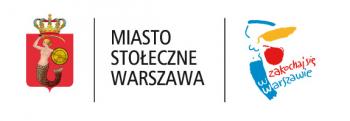
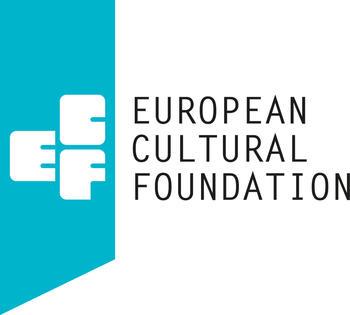

 Wspieraj
Wspieraj 

 Wspieraj
Wspieraj  Wydawnictwo
Wydawnictwo 
 Zaloguj się
Zaloguj się 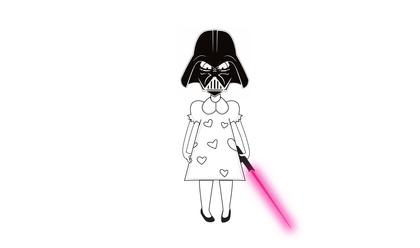
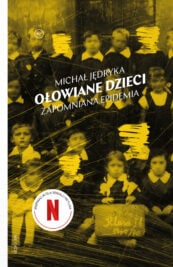



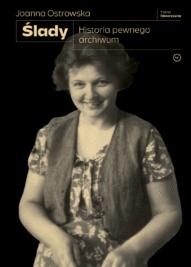
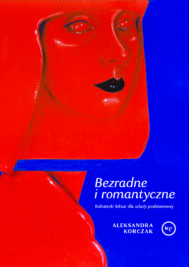
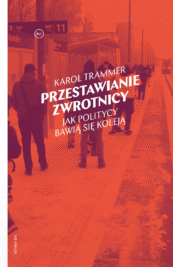
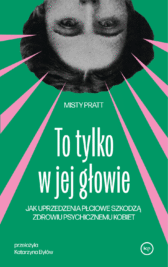
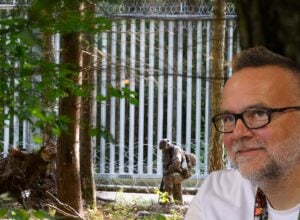
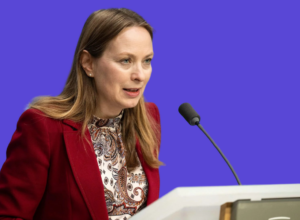
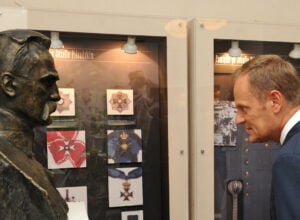
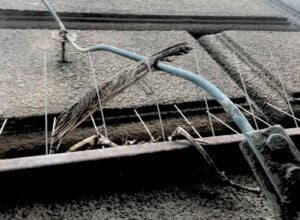
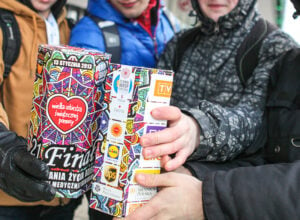
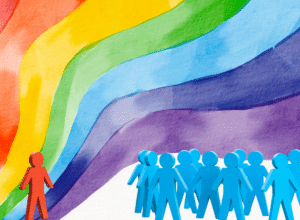
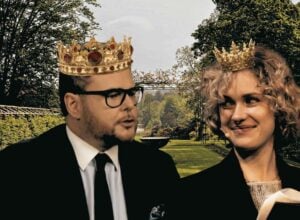
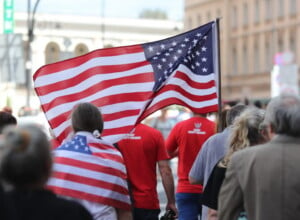
Komentarze
Krytyka potrzebuje Twojego głosu. Dołącz do dyskusji. Komentarze mogą być moderowane.